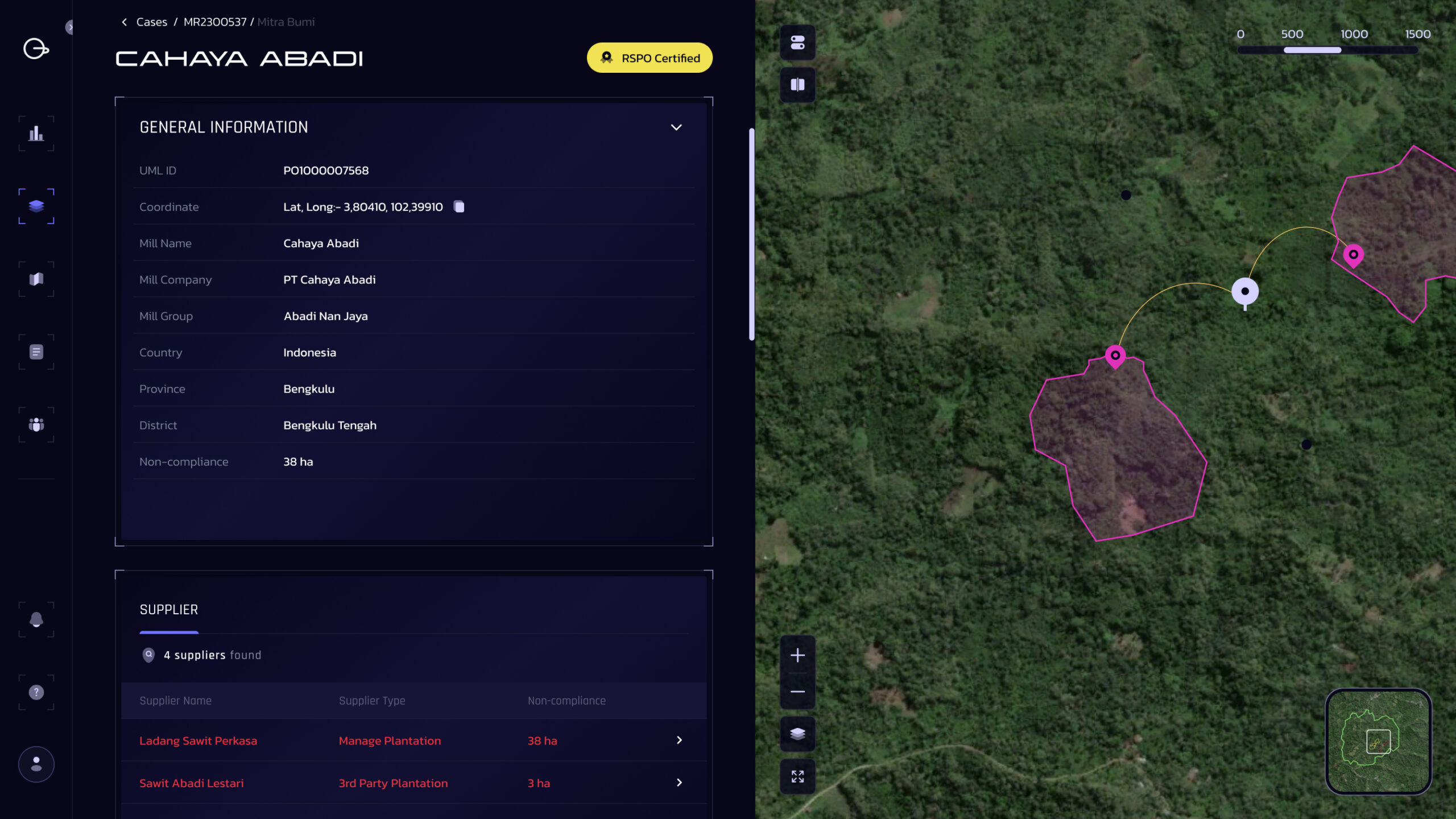
Traceability
Key markets are starting to impose traceability requirements on the palm oil trade, and consumers are increasingly demanding sustainable and responsible products. At the same time, companies are confronted with a lack of insight into their supply base, reflected by low traceability to mills and plantation (TTM & TTP) figures achieved by industry players.
Industry transformation is possible only when decision-makers embrace the need to change and commit to action. Through our “traceability to decision-makers” research, we unravel the tangled world of private company ownership, helping buyers, investors, and their business partners to have a more positive impact. We collect public disclosure by companies, export-import data, certification, remote sensing analytics, and field insight to create an interactive, end-to-end traceability system. This allows you to trace palm oil supply from 92 countries, covering 80% of global trade.
Our dataset

What Will You Get

Find the Solutions that fits with you
Inovasi Agriplot

The Most Reliable and Comprehensive Sustainable Supply Chain Traceability System
Read More
Inovasi Agriplot Due Diligence System

Turn-key Solution to Meeting EUDR Due Diligence Requirements
Read More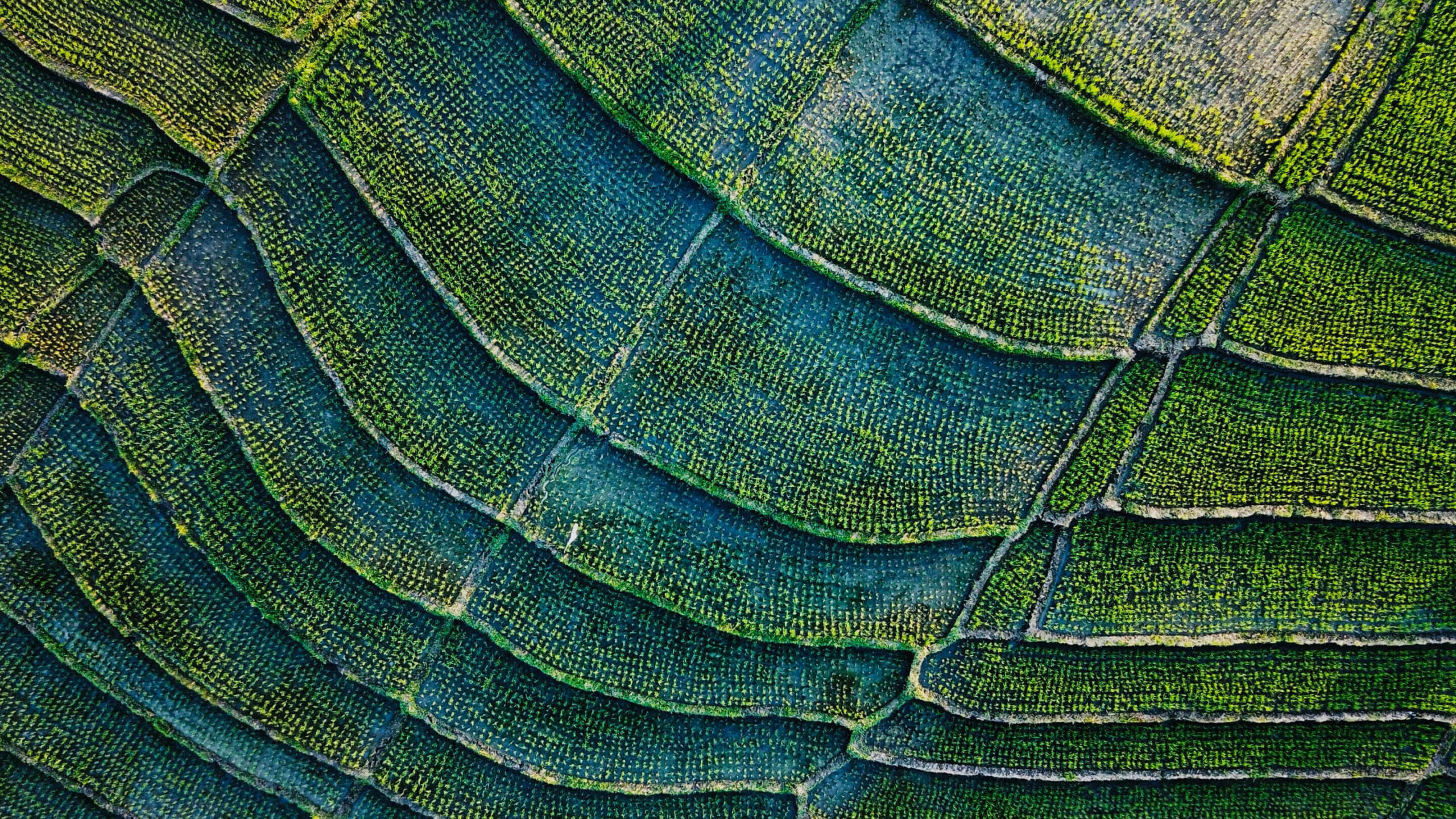
Supplier Group Monitoring Program

Corporate Activity Monitoring to Support Sustainable Business Practices
Read More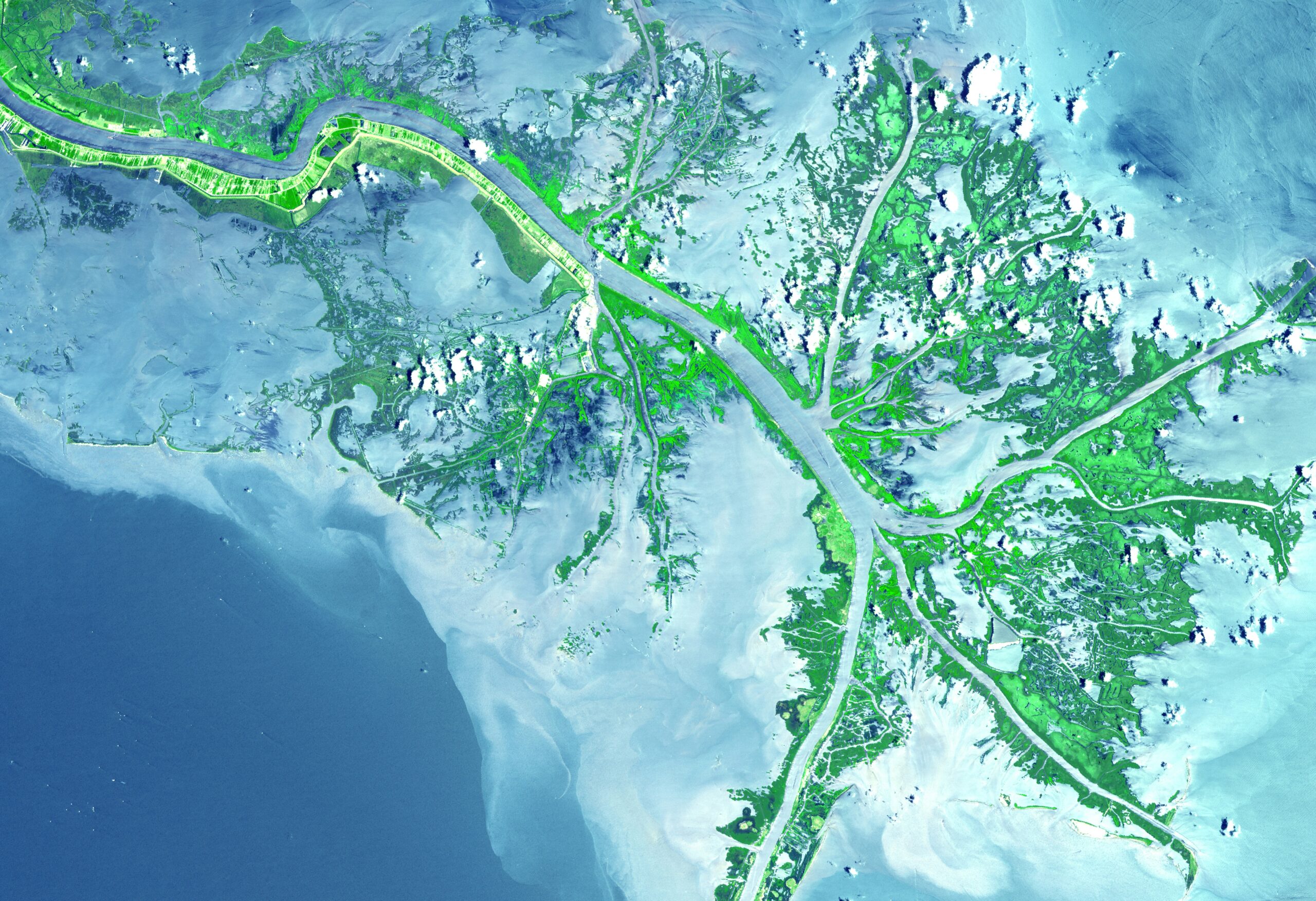
Extended Helpdesk

Inform Risk-Related Decision Making
Read More
Corporate Group Profiling

Tracking Corporate and Trade Relationships to Understand Business’ Priorities
Read More
GHG Traceability

Identify and Monitor the GHG Emission under Scope 3 Requirement
Read More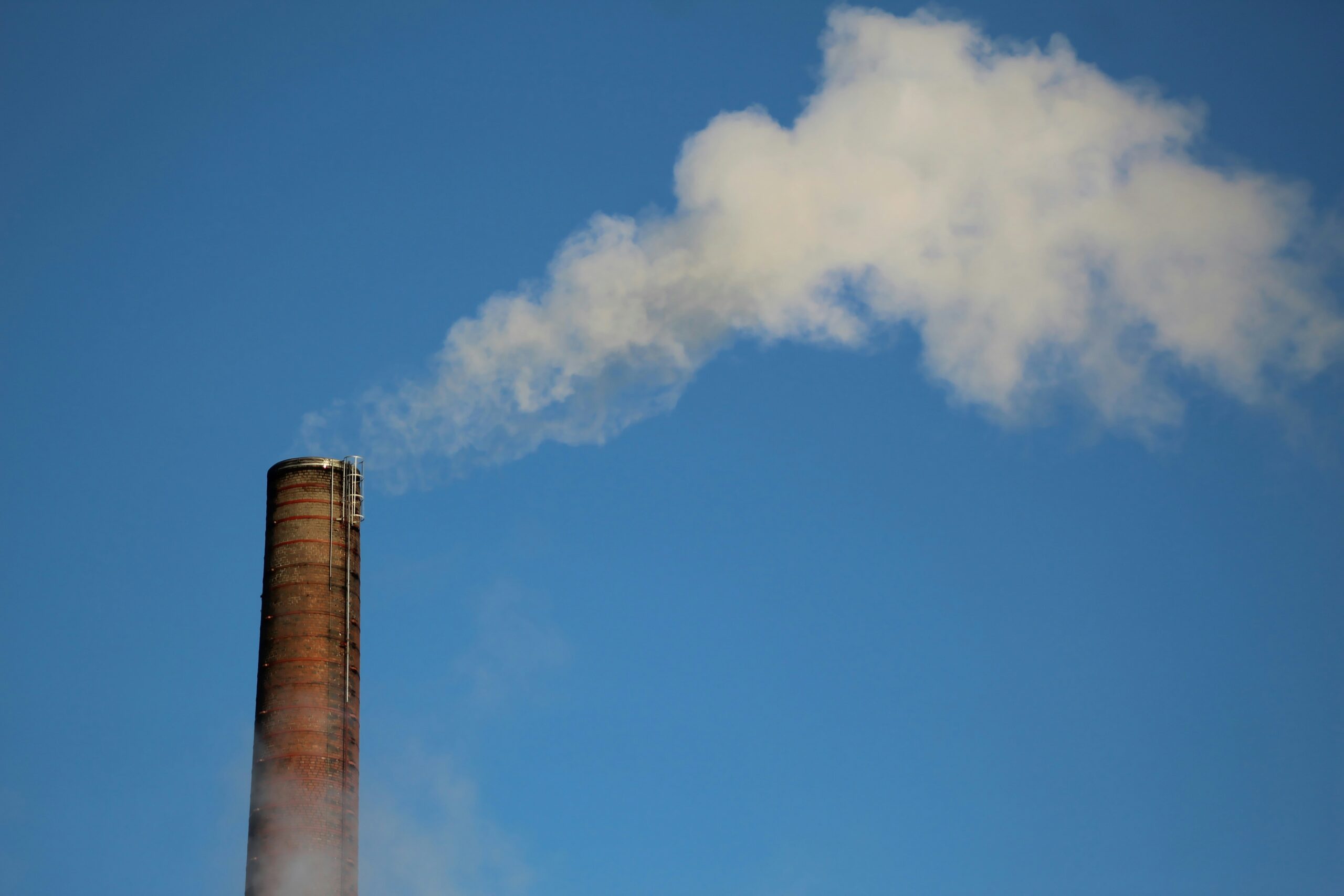
Partnership Program

Empowering Partnerships for Sustainable, Compliant Palm Oil
Read More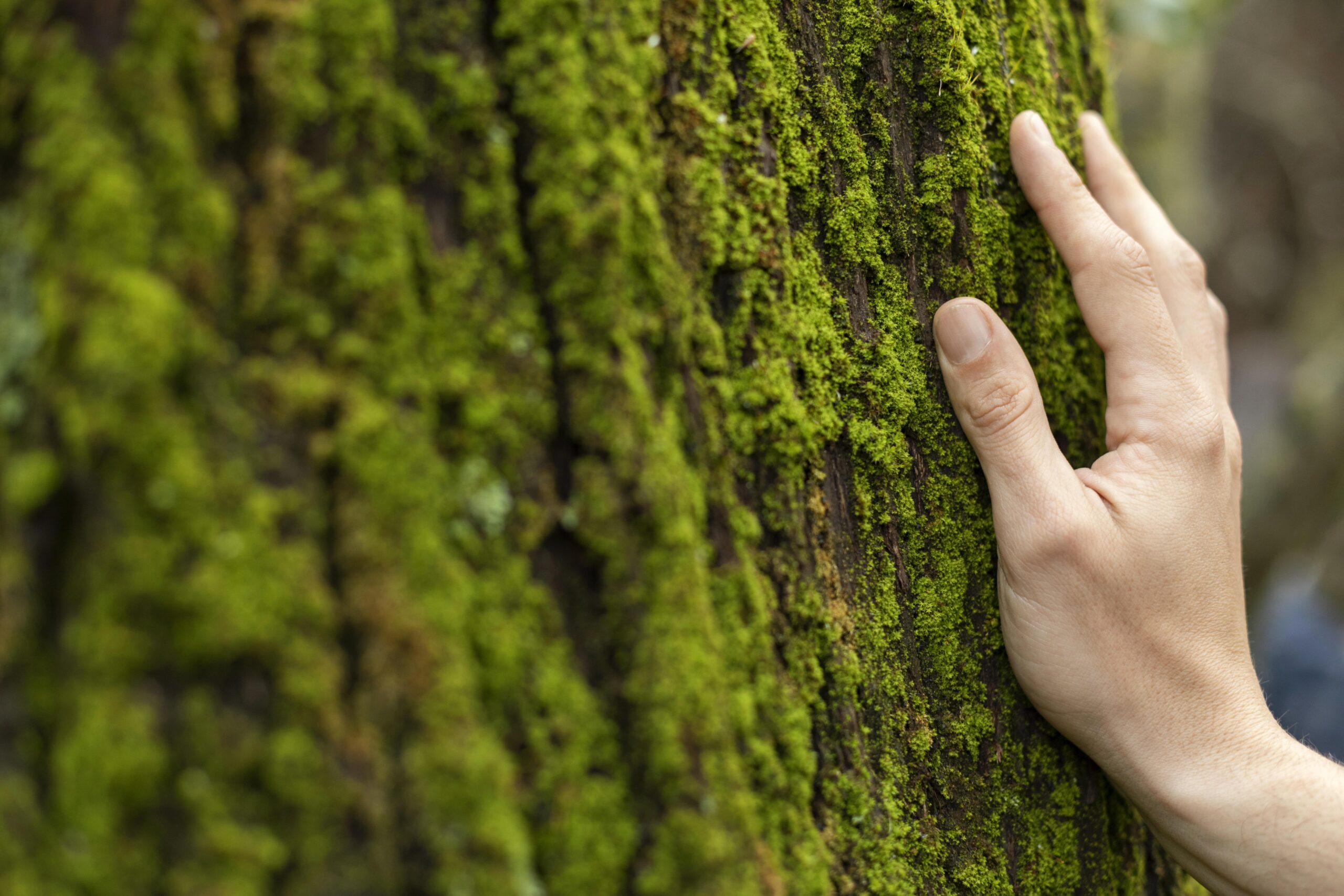
Have Questions? We're listening - Contact Us!
Contact us
